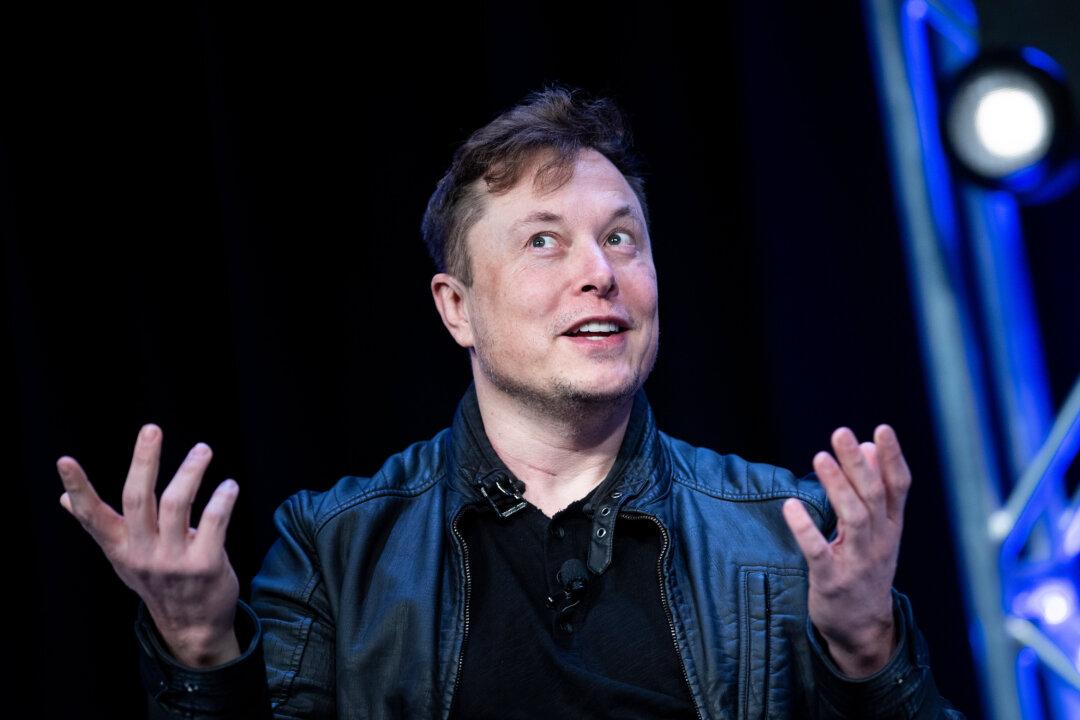Twitter announced on Friday that it would be holding an “Ask Me Anything” session of questions concerning the role of Elon Musk, whose recent acquisition of a major stake in the company has raised both hopes and alarms that the Tesla CEO may radically overhaul the company’s content moderation policy.
In an internal email first reported by The Washington Post, Twitter CEO Parag Agrawal told employees that they would have the opportunity to address concerns directly to Musk himself in a rare internal question-and-answer session, likely to assuage much of the backlash to Musk’s newfound role in the company.





